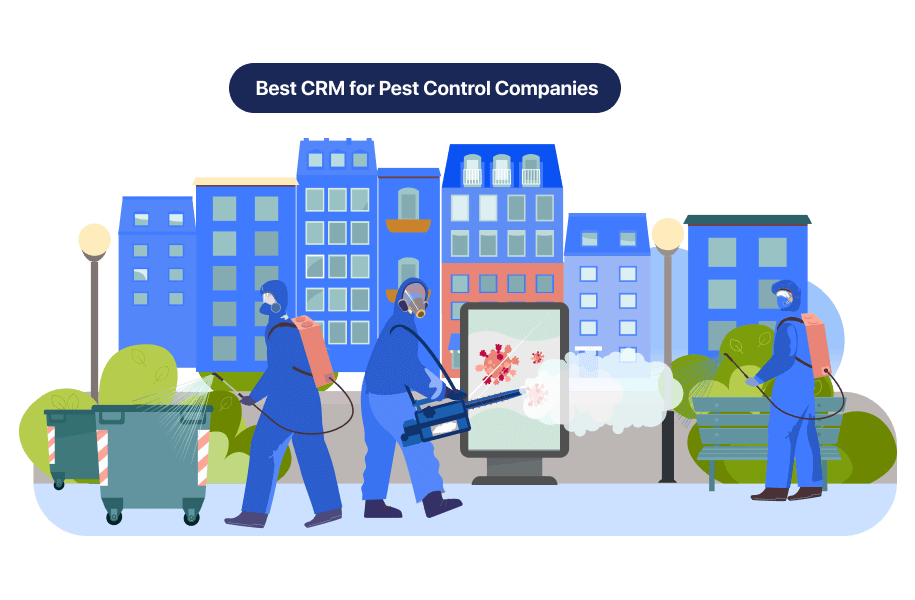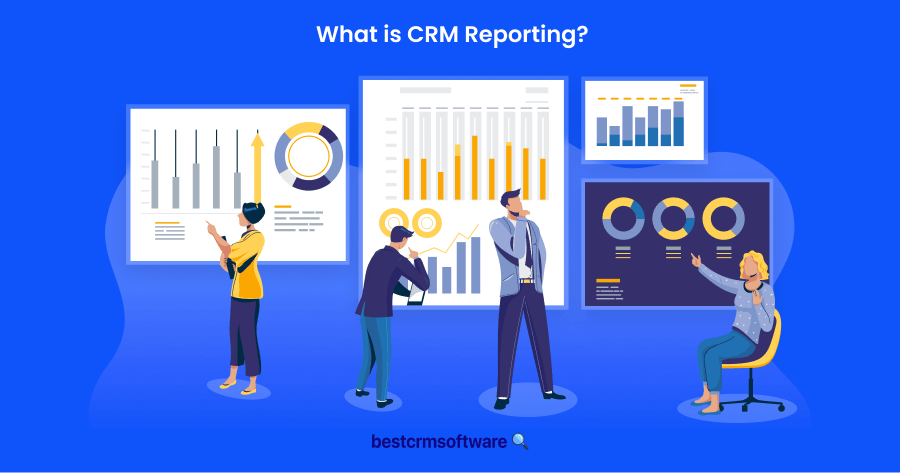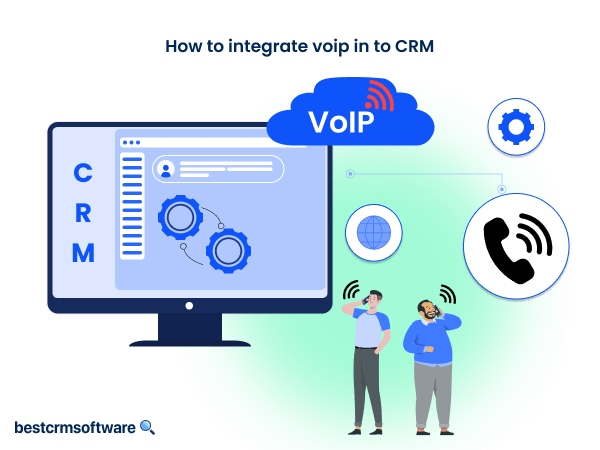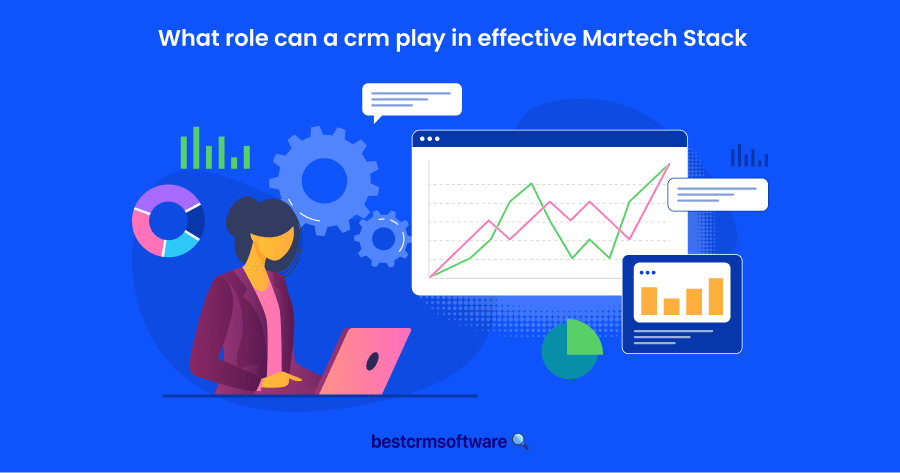
Best CRM Software for Pest Control Companies
Due to the industry’s rapid evolution, a strong customer relationship management (CRM) system is essential. Entering 2024, I cannot overstate the importance of having efficient, dependable, and user-friendly CRM solutions for pest control companies.
In a Nutshell:
As a CRM analyst, I’ve dedicated many hours studying CRM software, particularly for pest control companies.
What’s my goal? I aim to pinpoint the best tools for businesses to manage their projects and teams. I’ve found a few top platforms. They’re made for the pest control industry and can improve work efficiency and make customers happier. Stay connected as I continue to explore this intriguing subject in more depth.
10 Best CRM Software for Pest Control Companies Shortlist
After extensive research and testing, here are my top picks for the best CRM software tailored for this industry in 2024:
- Pipedrive — Best for pest control businesses seeking easy-to-use CRM software
- HubSpot — Best for pest control CRM integrations
- Jobber — Best for pest control company expense tracking
- HouseCall Pro — Best for pest control businesses scheduling calendar
- FieldPulse — Best for mobile
- FieldRoutes — Best overall for pest control companies
- Fieldwork — Best for pest control businesses’ equipment tracking
- PestBoss — Best for pest control company customer reports
- GorillaDesk — Best for the pest control industry to manage multiple-unit accounts
- Formitize — Best for pest control businesses digital forms
Each of these CRM platforms offers unique features and benefits, making it well-suited to meet the diverse needs of this industry. The following sections will explore the top 5 platform’s offerings.
Why Does Pest Control Need CRM Software?
The CRM market is experiencing a revolution, particularly in industries like pest control. As technological advancements continue to unfold, they’re ushering in substantial shifts in how businesses function and engage with their clientele.
Software for managing customer relationships is leading the charge in this transformation. It’s streamlining operations, improving customer satisfaction, and accelerating growth for this industry. By simplifying essential functions such as tracking customer interactions, scheduling appointments, and maintaining databases, CRM software is proving to be a game-changer.
CRM systems are valuable because they simplify tracking, maintenance, and analytics. This leads to better monitoring of service requests, technician performance, and financial data. CRM software also helps streamline pest control operations. It does this through automated scheduling, communication management, customer mapping, and invoice creation.
A key advantage of CRM software is its ability to centralize operations. This allows for quicker responses, consistent communication, and personalized services. Putting customers first is crucial for exceeding their expectations and driving business growth.
In short, CRM software is more than just a tool. It’s a powerful ally that helps pest control businesses create memorable service experiences and ensure efficient operations focused on the customer. I can agree that CRM’s role in pest control services is expected to grow, making it a vital asset for businesses in this industry.
Criteria for Selecting the Best CRM for Pest Control

When choosing a CRM system for your pest control business, I would suggest you look for one that’s user-friendly, has tailored solutions for various pests, and can monitor work orders and customer notes over time. Automation features, like automated reminders and customer alerts, are crucial for maintaining customer communication without manually logging each interaction.
Simplicity of Use
The CRM system should be user-friendly and intuitive. It should offer specific solutions for most types of pests and be able to track work orders and customer notes over time. This ensures an accurate record of what treatments were applied and when. An intuitive interface can lessen the learning process and boost the acceptance levels among your team members. It also helps to ensure that all features and functionalities are fully utilized, maximizing your return on investment.
Scalability
As your business grows, so should your CRM. A sound CRM system should grow with your company. It should handle more customers and data as needed. This means the CRM should manage your current and new clients as your business grows. This includes adding more users, managing bigger databases, and keeping performance steady as demand increases.
Security
In today’s digital age, CRM security is paramount. The CRM system should have robust security measures to protect sensitive customer data. These measures include data encryption, access controls, user authentication, and audit trails. Data encryption makes your data unreadable to those without permission. Access controls and user authentication stop unauthorized access to your CRM system. Audit logs record all actions in the system. They offer a transparent record of who performed an action and at what time.
Adherence to Data Protection Rules
Data protection laws like GDPR and CCPA are serious. Not following them can result in hefty fines. So, though the GDPR is a European law, it applies to many US companies. This ensures the CRM provider follows the proper security rules and all relevant data protection laws. Features include making data anonymous, deleting data, and moving data, among others.
Integration with Other Systems
A good CRM should easily integrate with other business systems. It can streamline operations and improve efficiency. For example, by integrating your email system, the CRM can dispatch and receive emails directly within the CRM interface. In contrast, integration with your accounting software can provide real-time visibility into your finances.
Customer Support
Reliable customer support is crucial. The CRM provider should offer timely and practical support to help you resolve any issues that may arise. This includes multiple support channels (such as phone, email, and live chat), knowledgeable and responsive support staff, and resources like tutorials and knowledge bases.
Pricing
Finally, consider the cost. The CRM system should present a worthwhile investment, offering a variety of features and advantages at a fair cost. This encompasses straightforward pricing with no concealed charges, adaptable pricing plans that can grow with your business, and a tangible return on investment.
Remember that the least expensive choice might not always be the most suitable one. It’s important to consider the total cost of ownership, which includes the subscription cost and costs related to implementation, training, support, and any necessary hardware or software upgrades.
Top 5 CRM Systems for Pest Control Companies: A Thorough Deep Dive

Why I like it:
Pipedrive distinguishes itself with its intuitive interface and cost-effectiveness. It’s designed with small to medium-sized businesses in mind, making it an excellent choice for pest control companies starting to scale their operations. Its instinctive layout and user-friendly functionalities make it popular among users, lessening the time and effort needed to educate staff on the system.
Most important pest control features:
Pipedrive shines in its ability to organize customer data effectively and offer a good search filter. You can easily track customer interactions, service requests, and other important information. Its robust tracking and reporting capabilities provide valuable insights into customer behavior, helping businesses improve their services and customer satisfaction.
Pros
- User-friendly
- Affordable
Cons
- Limited information available

Why I like it:
HubSpot is an all-encompassing CRM solution that adapts to accommodate businesses of every scale. Its wide range of features makes it a versatile tool for any pest control business. The platform seamlessly integrates sales, marketing, and service tools, providing a unified view of the customer journey.
Most important pest control features:
HubSpot offers advanced features, social collaboration options, and solid performance. These features can help pest control businesses improve customer service and operational efficiency. Its powerful automation capabilities can streamline routine tasks, freeing time for more strategic activities.
Pros
- Advanced features
- Social collaboration options
- Solid performance
Cons
- Steep learning curve
- Can be pricey
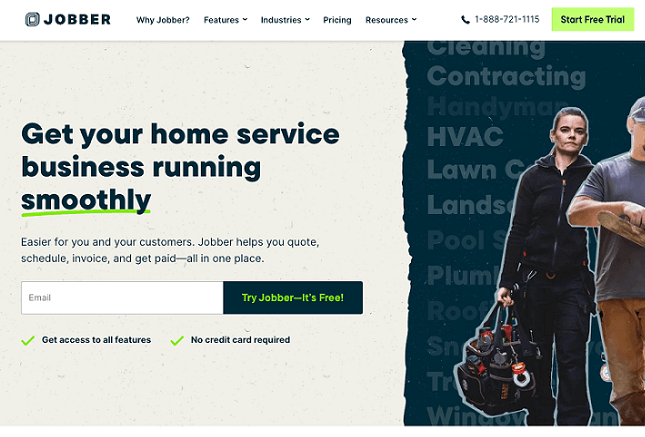
Why I like it:
Jobber offers a fantastic user interface that’s beginner-friendly. This makes it easy for your team to get up and running quickly. Its intuitive layout and sturdy functionalities make it a potent instrument for overseeing and expanding your pest control enterprise.
Most important pest control features:
Jobber excels at facilitating the scheduling, work management, and invoicing process, which can help pest control businesses improve their productivity and profitability. Its powerful scheduling and dispatching features ensure no job falls through the cracks. At the same time, its invoicing and payment processing capabilities make it easy to get paid quickly and accurately.
Pros
- User-friendly interface
- Powerful automation creation
Cons
- Lacks free version
- Lacks contract management capabilities

Why I like it:
HouseCall Pro provides businesses with a smooth path and quick customer support, which can boost customer happiness and loyalty. Its friendly interface and strong features make it a great choice for businesses looking to simplify processes and boost productivity.
Most important pest control features:
HouseCall Pro facilitates the scheduling, dispatching, and invoicing of all customers. This can help pest control businesses improve their operational efficiency. Its scheduling and dispatching capabilities guarantee that tasks are accomplished punctually and to the customer’s delight. At the same time, it has effective invoicing and payment processing capabilities.
Pros
- Easy to use
- Excellent customer service and support
Cons
- Limited information available

Why I like it:
FieldPulse offers top-notch support, making it a reliable CRM solution for this industry. Its extensive functionalities and user-friendly layout make it a formidable asset for administering and expanding your pest control business.
Most important pest control features:
FieldPulse is designed with the user in mind, and the technology is innovative. It can help this industry to improve customer service and operational efficiency. Its dynamic scheduling and dispatching capabilities make for happy customers and that tasks are fulfilled promptly. At the same time, its invoicing and payment processing capabilities make invoicing a breeze.
Pros
- Practical interface
- Top-notch support
Cons
- The system does not integrate very well with QuickBooks
Industry Trends
Like many others, this industry is not immune to technological advancements. Entering the digital age, businesses are finding new ways to improve daily operations and customer experience. One big trend is customer relationship management (CRM) software. These systems are getting better over time. They’re adding advanced features like artificial intelligence (AI) and machine learning. These features save time, make the service more personalized and maximize revenue. Pest control companies that use these technologies can often appeal to more potential customers than their competitors.
Implementation Tips
Setting up a new CRM system can be intricate, but with the correct strategy, it can transition smoothly. Here are some tips to help ensure a successful implementation:
- Plan Ahead: Before you start the implementation process, it’s essential to have a clear plan in place. This should include defining your goals and tools needed, identifying key stakeholders, and setting a realistic timeline.
- Train Your Team: Make sure your team is fully trained on how to use the new system. It can aid in making sure everyone is aligned and can utilize operations efficiently.
- Start Small: Initiating a small-scale pilot project before deploying the software company-wide can be beneficial. This approach allows you to spot potential challenges and make the required tweaks before proceeding with a comprehensive implementation.
- Seek Expert Help: If you’re unsure where to start, consider seeking help from a CRM consultant. They can offer professional advice and contribute to guaranteeing a successful setup.
Conclusion
CRM systems have surfaced as a transformative force in the swiftly progressing pest control sector. They streamline operations, enhance customer satisfaction, and drive growth. While Pipedrive, HubSpot, Jobber, HouseCall Pro, and FieldPulse are all excellent choices, the best CRM for your business depends on your specific needs.
Keep in mind that the secret to a successful CRM setup is picking a system that suits your needs. It also involves having a clear plan and realistic expectations for the setup process. With the right system and strategy, CRM can be a powerful tool. It can help improve your business operations and save time and money. Embrace the digital transformation and propel your pest control business to new heights.

